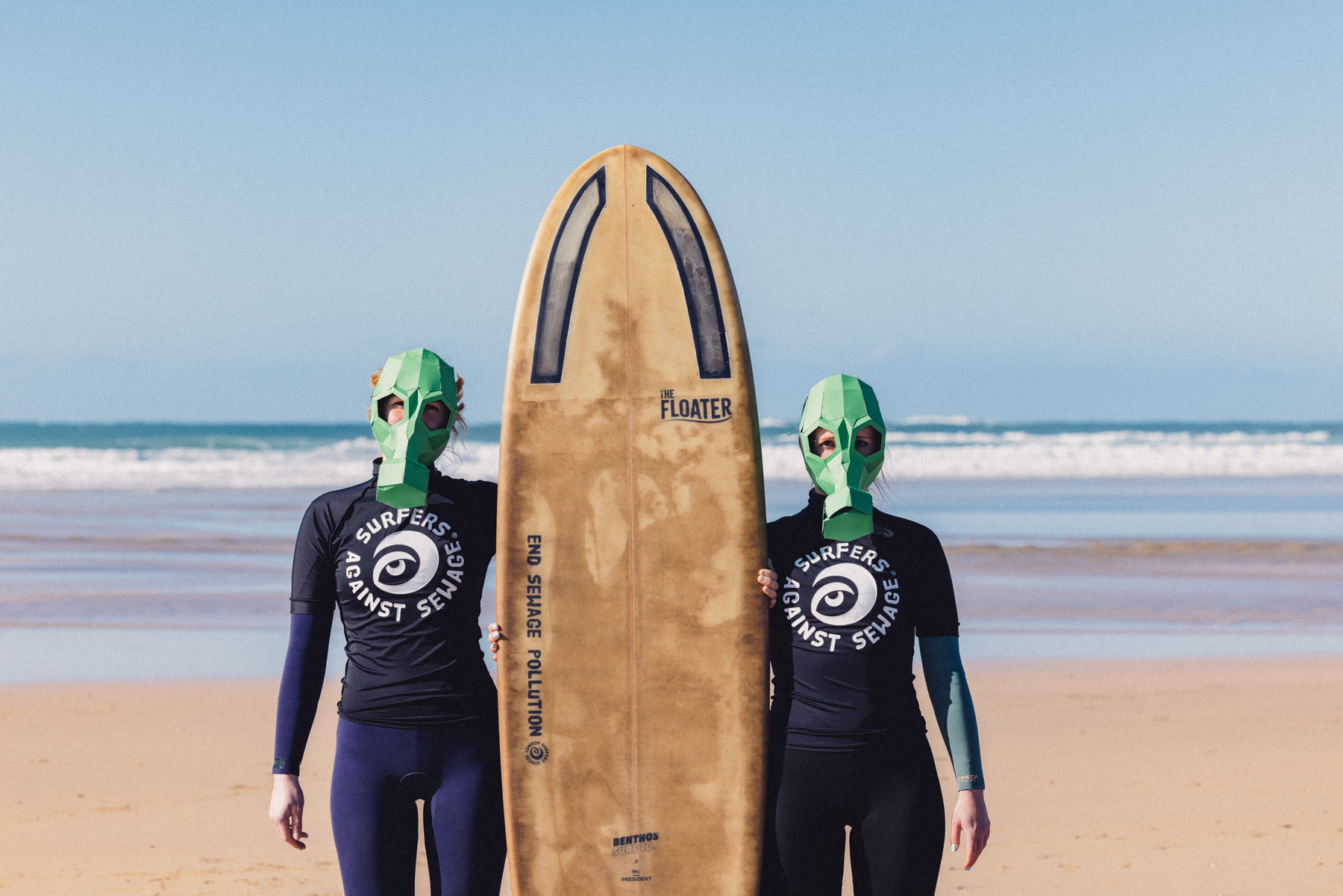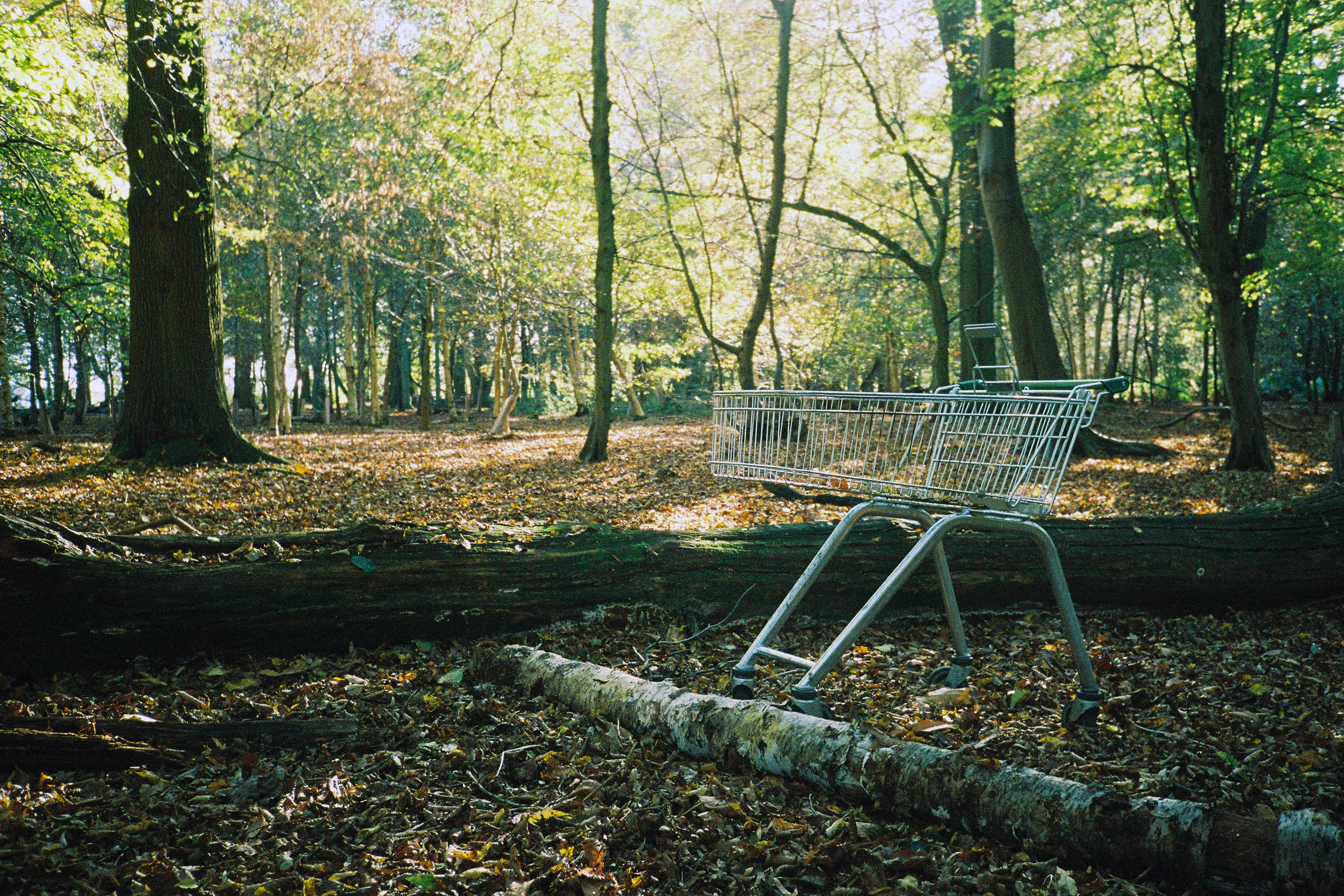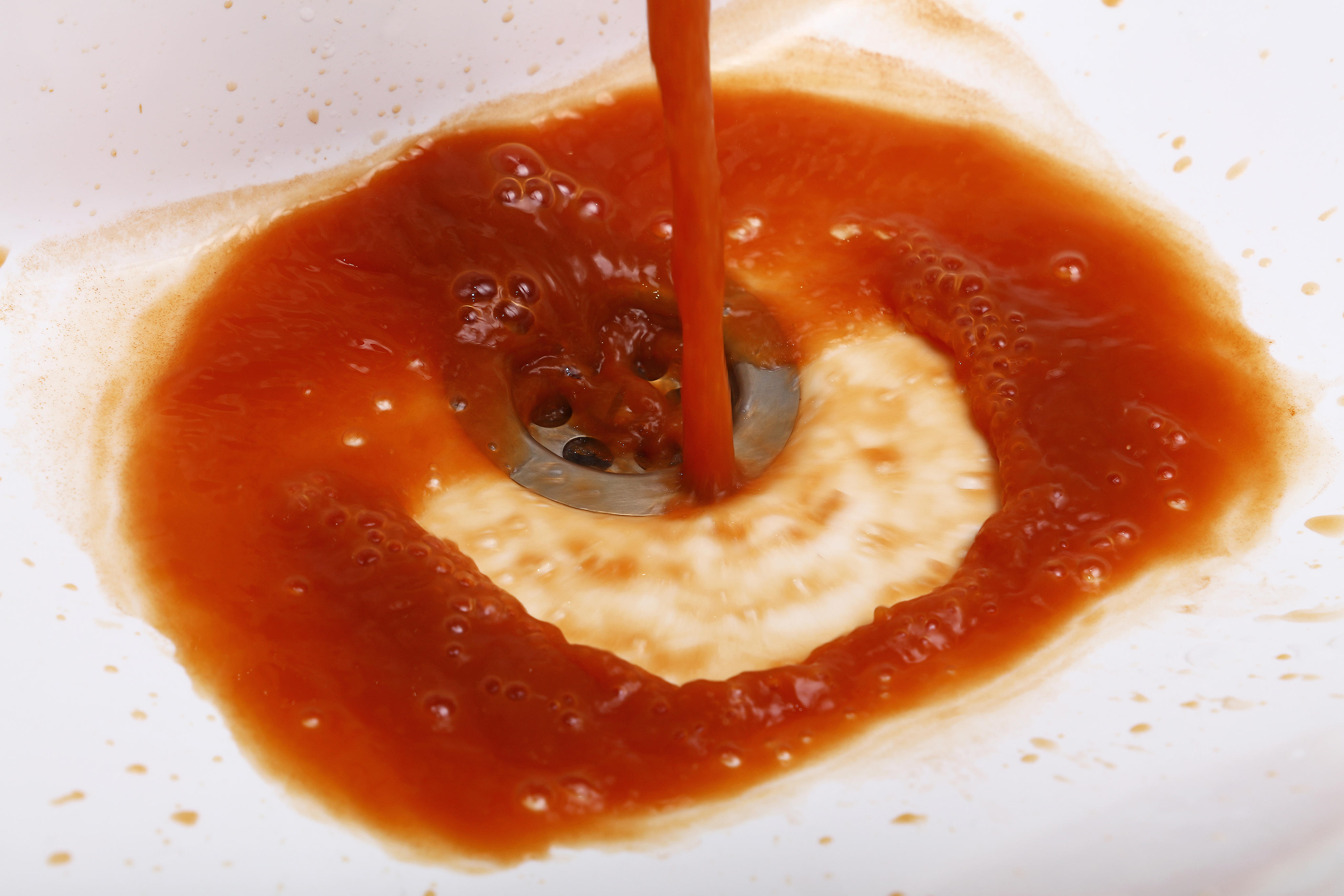Designating swim spots means little if sewage dumps go on
With millions of hours of sewage still being discharged into rivers and onto our coasts, announcing 27 wild swimming spots feels like papering over the cracks of a deeply broken system.
I lay still in the water. The current of the river carries me downstream while singing birds paint the sky and I whisper to myself: “This is peace”. That's what wild swimming gives me and more than three and a half million swimmers annually in Britain. In recent years, however, this peace has increasingly come with a cost as thousands report illness after swimming in our rivers and on our coasts.
Earlier this week, the UK government announced 27 new bathing locations in England, most them beaches. Twelve rivers have been given a Designated Bathing Water Status, allowing for wild swimming and other water-based activities such as paddleboarding, rowing, and kayaking. This is the largest expansion in the UK in a single year.
While the move to popularise wild swimming is welcome, campaigners and swimmers like me worry that this move simply papers over cracks in a broken system. We are seeing millions of hours’ worth the sewage spillages happening with ineffecient water testing methods and water and waste management companies not being held to account.
An official bathing site is more than a simple body of water. To reach this coveted status, it must be tested during the bathing season between May and September for e. coli and intestinal enterococci, which alert biologists to the presence of faecal matter in the water. This determines the site rating, which can range from excellent to poor and is published on the Environmental Agency’s Swimfo website.
According to the government's own guidance, swimming in ‘poor’ rated water can result in diarrhoea and/or vomiting, as well as respiratory, skin, ear and eye infections or on the more serious scale, severe gastrointestinal illness and Weil’s Disease. Last year in Sunderland, during the UK leg of the World Triathlon series, at least 57 triathletes reported illness afterwards.
Frustratingly, the issue doesn’t stop at the presence of faecal matter. The Chemicals Health and Environment Monitoring Trust Trust argues that hazardous chemicals, which are also present in our waterways, are just as harmful to people and the wider environment.) They believe current monitoring regimes are, “outdated, underfunded and inadequate”.
My friends and I have suffered from sickness after swimming in the few rivers open to the public, which hardly paints a good picture of the new rivers that have been given bathing site status.
Our coasts are no different. While they represent the overwhelming majority of spaces to swim, they are still exposed to thousands of hours of sewage spillage by water companies. I remember visiting a friend in Folkestone last summer. We walked along the coast among picnicking families, tourists in town for a village fair, people trying their best to maintain a tan, and beach footballers. The only thing missing was the presence of swimmers. Folkstone’s stretch of coastline was subject to a sewage dump the night before, restricting a natural cool-down spot for hundreds of local people.
Like many of our public services, water and wastewater management was privatised in the 1980s. Already an underfunded industry, privatisation further plunged companies like Southern Water into billions of debt, which is owed to shareholders and paid for by customers.Today, this systemic dysfunction presents as an ever-increasing list of unswimmable waters.
Defra can add as many bathing sites as they want, but those sites will continue to be inaccessible and make people sick unless change is made to how water works in the UK
This doesn’t stop people from trying to access them, though. Since 2020, swimmers desperate for cooling waters have flocked to polluted rivers during hot summers. In London, that taste of freedom often comes from the River Lea running north of the capital, which is home to both plastic pollution and raw sewage. What could be a haven, instead becomes a public health horror show.
Sewage spillages are also devastating to already vulnerable wildlife ecosystems. “Poor water quality damages natural ocean ecosystems and habitats such as kelp beds and seagrasses, reduces biodiversity and the ocean’s ability to store carbon,” say Surfers Against Sewage, who have been campaigning to protect the UK’s waterways since 1990.
As the number of open-water swimmers approaches 4 million, there has been an increased interest in local rivers. The UK is home to roughly 1500 rivers and a similar number of beaches, but our rivers account for less than 30 of the bathing sites available to the public. Accessibility quickly becomes another barrier to open water swimming. This restricts urban-dwelling swimmers, such as my own community Swim Dem Crew to arranging open-water swims at lakes and long weekends.
While in the UK, we are never too far from a coastline, getting there poses another problem. If you don’t drive and have to rely on public transport to get to the coast, you could be met with expensive train fairs, followed by cancellations, hourly buses or taxi and inaccessible pathways. Open water swimming quickly becomes a luxury that isolates rather than includes.
The Department for Environment, Food & Rural Affairs (Defra) can add as many bathing sites as they want, but those sites will continue to be inaccessible and make people sick unless change is made to how water works in the UK. As long as record hours of sewage continues to flow into our waterways with poor regulation and inadequate testing measures, we will be stuck in a cycle of swim, fall sick, repeat.
Later in the year, Defra will consult on reform proposals for Bathing Water Regulations in England, and The Marine Conservation Society are lobbying for a longer period of testing and for samples to be taken during pollution events to give a more realistic picture of water quality. The River Trust are also continuing their work to protect our rivers from sewage and habitat loss so they can thrive once more and help combat climate change.
Maybe then, more people will be able to easily and safely experience the many benefits of swimming in natural bodies of water.
Nathaniel Cole is a Co-Founder of Swim Dem Crew. He is a writer, researcher and workshop facilitator working across masculinity and RSE for young people.
The Lead is now on Substack.
Become a Member, and get our most groundbreaking content first. Become a Founder, and join the newsroom’s internal conversation - meet the writers, the editors and more.





